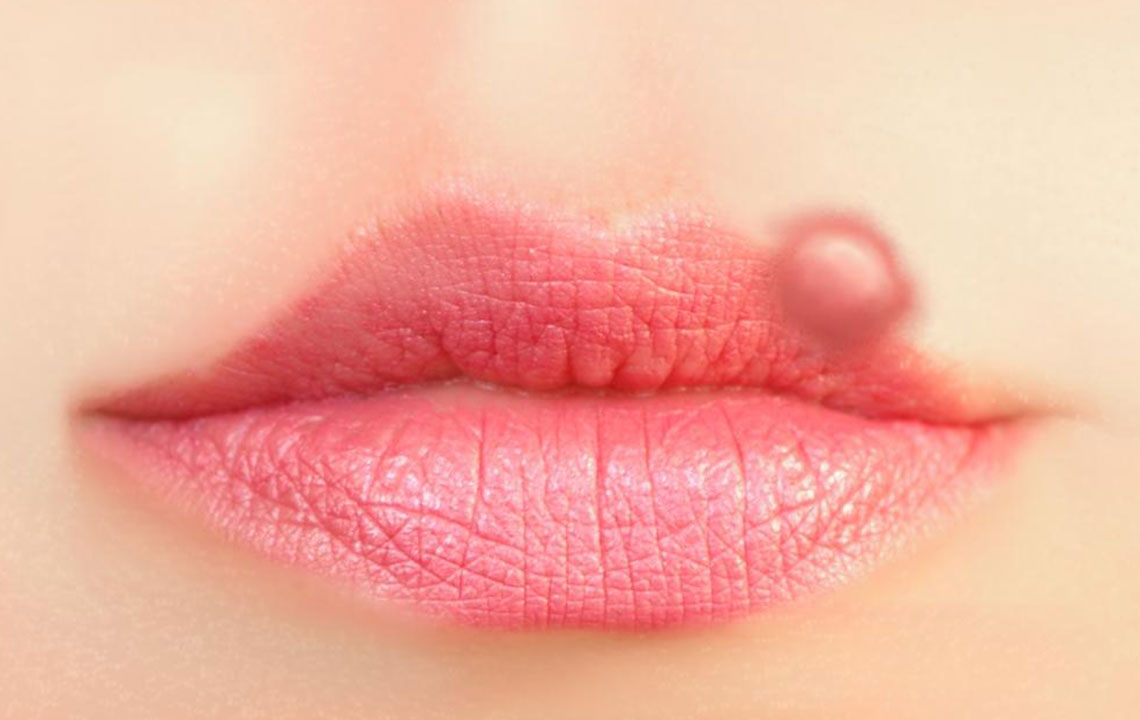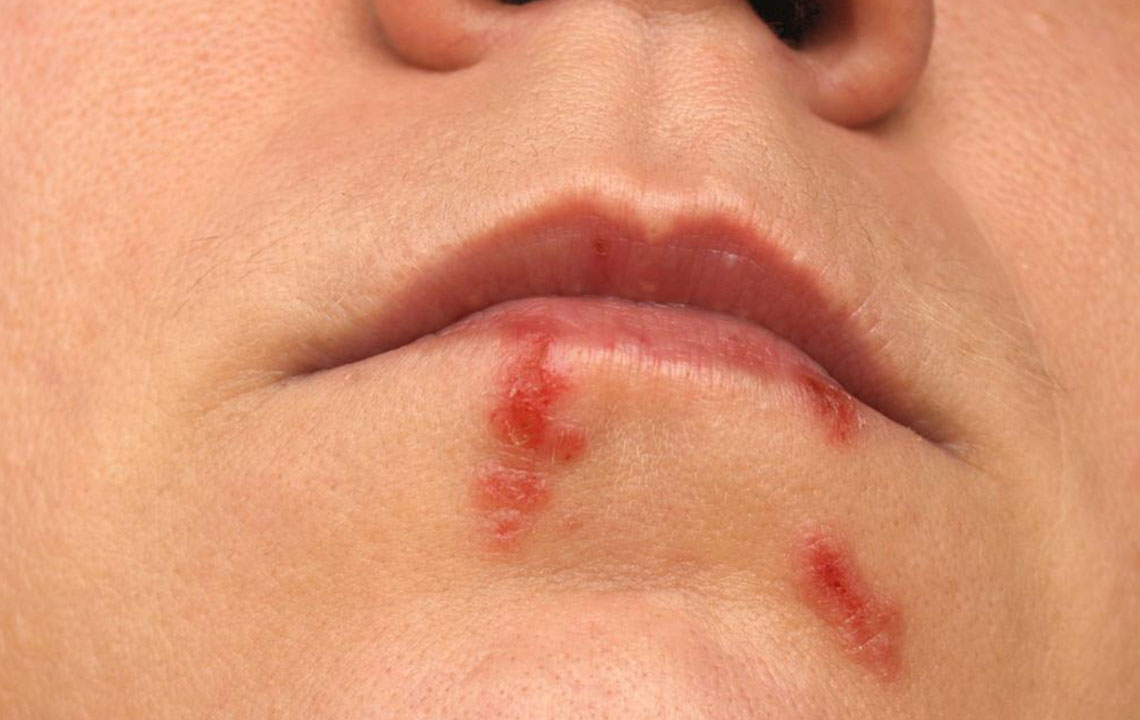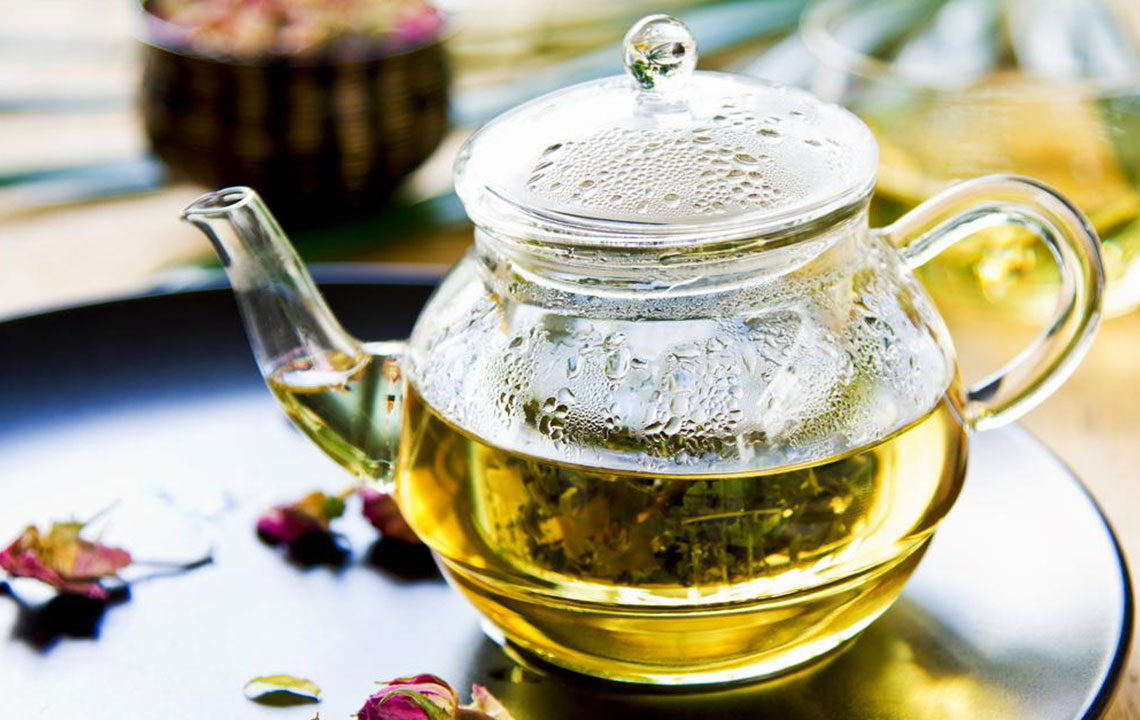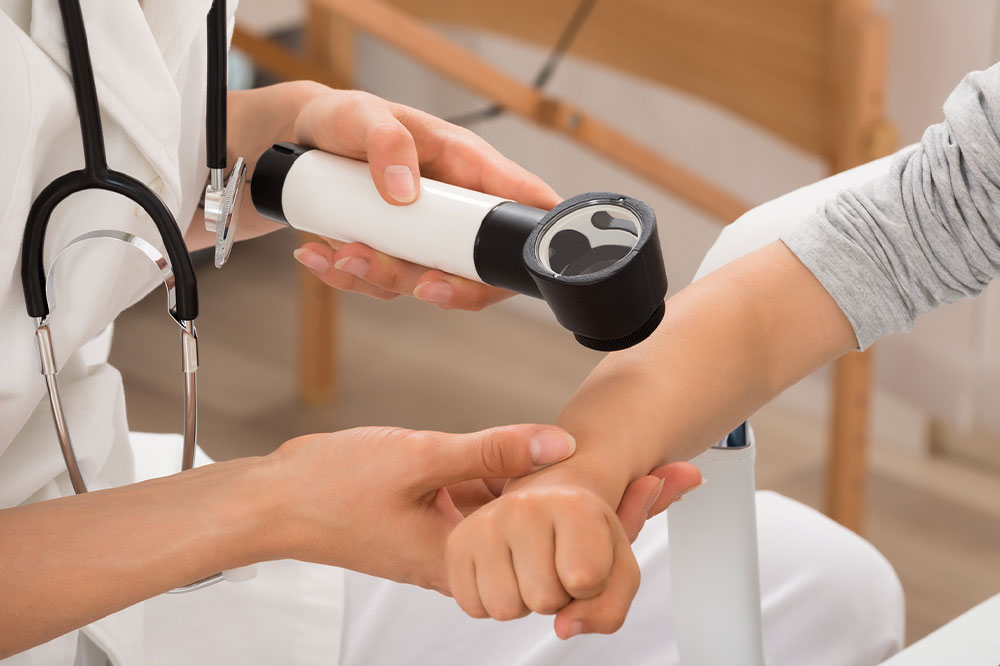Comprehensive Guide to Accelerating Cold Sore Healing Naturally
Discover comprehensive, natural strategies to accelerate cold sore healing. Learn about effective remedies like tea tree oil, coconut oil, and herbal treatments to reduce duration and discomfort. Expert tips included for managing outbreaks swiftly and naturally.
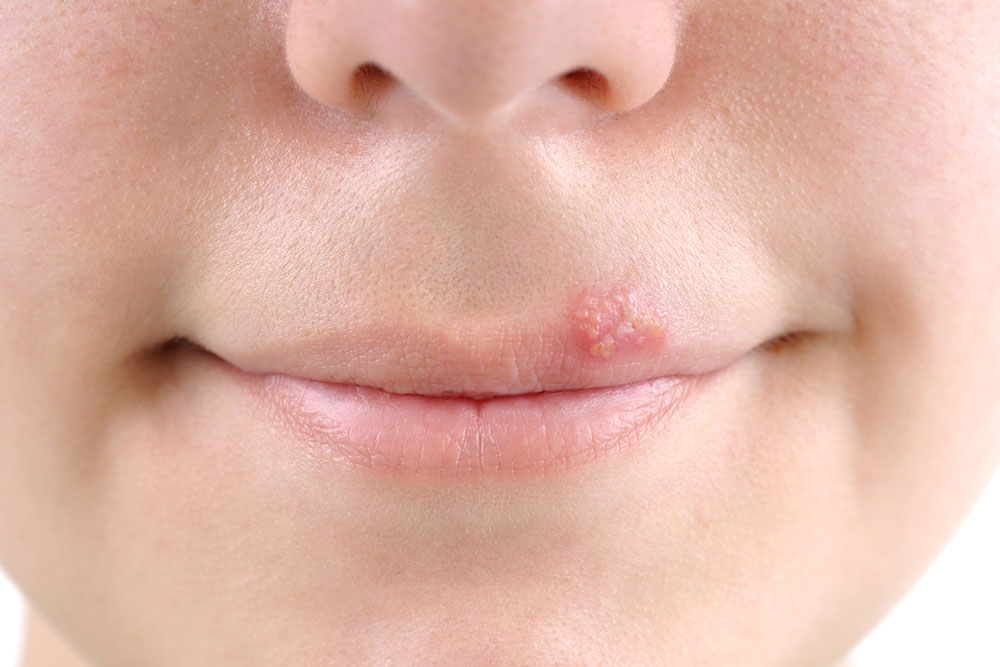
Comprehensive Strategies for Rapid Cold Sore Recovery
Cold sores, also known as fever blisters, are common viral infections that manifest as painful blisters typically appearing near the lips or around the mouth. These sores are caused by the herpes simplex virus (HSV-1) and can significantly affect daily life due to discomfort and aesthetic concerns. Understanding how to manage and hasten their healing process can provide relief and shorten the duration of outbreaks.
What causes cold sores and how can they be managed?
Cold sores occur when the herpes simplex virus, once contracted, enters a dormant state in nerve cells but can reactivate due to various triggers. The primary cause is HSV-1, but HSV-2 can also lead to cold sore outbreaks. Initial episodes often come with systemic symptoms such as sore throat, headaches, fever, and body aches, which can last several days. Managing these outbreaks effectively requires a combination of treatments aimed at reducing symptoms, minimizing discomfort, and promoting faster healing.
After the initial outbreak, the herpes virus remains dormant in nerve cells but can reactivate precipitated by stress, illness, prolonged sun exposure, hormonal fluctuations, or minor injuries. While preventing outbreaks entirely can be challenging, numerous remedies can significantly shorten their lifespan and reduce severity. Here are some of the most effective natural and topical treatments to help you recover more quickly from cold sores:
Tea Tree Oil: Tea tree oil is renowned for its powerful antiviral properties. Its active compounds can combat HSV-1 directly, reducing the duration and severity of cold sores. Apply a small amount of pure tea tree oil directly onto the blister with a clean cotton swab, ensuring not to overuse to avoid skin irritation. Repeat this application multiple times daily—at least three to four—to maximize healing effects. This natural remedy can dry out the blister more rapidly and promote faster healing.
Cold Compress: Applying a cold compress or ice pack to the affected area can bring immediate relief by reducing swelling, inflammation, and pain. Wrap an ice cube in a clean cloth and gently press it against the sore for about 10-15 minutes. Repeat several times throughout the day. Cold therapy helps numb nerve endings, decrease blood flow to the area, and inhibit viral replication, all of which contribute to faster recovery.
Coconut Oil: Known for its antimicrobial and anti-inflammatory properties, coconut oil contains lauric acid which has antiviral effects against HSV-1. Using a cotton swab, apply a small amount of virgin coconut oil to the sore hourly to help inhibit viral activity and keep the area moisturized. Regular application can accelerate healing, reduce crusting, and prevent secondary bacterial infections.
Apple Cider Vinegar: With natural antiviral and antiseptic properties, apple cider vinegar (ACV) can help diminish the herpes virus activity. Carefully dab ACV onto the sore with a cotton swab at least three times a day. Its acidity helps dry out the blister and may reduce symptoms. However, due to its potency, it should be used cautiously to avoid skin irritation.
Peppermint Oil: This essential oil possesses antiviral constituents that may lessen cold sore severity. Dilute a few drops of peppermint oil with a carrier oil, such as coconut or olive oil, and apply with a cotton ball three times daily. Regular use can provide a soothing effect and potentially expedite healing while reducing discomfort.
Hydrogen Peroxide: An antiseptic agent, hydrogen peroxide helps clean the affected skin and combat bacterial infections that can complicate healing. Use a cotton swab to carefully apply hydrogen peroxide to the sore, allowing it to bubble and dry. Reapply every three hours for effective cleaning and to assist in blister shrinking. Be cautious, as hydrogen peroxide can sometimes cause skin irritation if overused.
Garlic: Known as a natural antiviral superfood, garlic contains allicin which exhibits antiviral and healing properties. Crush a fresh garlic clove into a paste and gently apply it directly onto the sore. Alternatively, consuming raw garlic on an empty stomach in the morning may boost immune response. Apply garlic paste twice daily, but be cautious of irritation and discontinue if discomfort occurs.
Lemon Balm Oil: This herbal oil has been used for centuries to treat cold sores due to its antiviral properties. Apply directly to the sores with a clean cotton swab three times per day. Drinking lemon balm tea can also support immune health and assist in faster healing.
Vanilla Extract: Pure vanilla extract contains alcohol, which has antimicrobial effects. Dab a small amount on the sore five times daily to inhibit virus growth and promote healing. Its soothing properties can also reduce irritation.
Adopting these natural remedies can significantly shorten the duration of cold sores and alleviate discomfort. However, if symptoms persist beyond 10 days, worsen, or if you experience recurrent outbreaks, seeking medical advice from a healthcare professional is strongly recommended. Prescription medications, such as antiviral drugs, may be necessary for severe or persistent cases. Maintaining a healthy immune system through proper diet, stress management, and adequate sleep can also reduce the frequency of outbreaks.
In summary, effective cold sore management involves a combination of natural remedies, topical treatments, and lifestyle adjustments. While complete prevention is challenging due to the nature of the herpes virus, these strategies can help you manage symptoms better and promote quicker recovery, restoring comfort and confidence.
